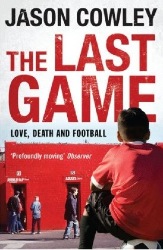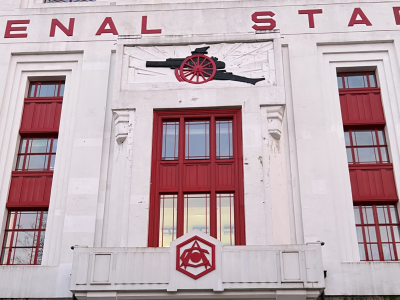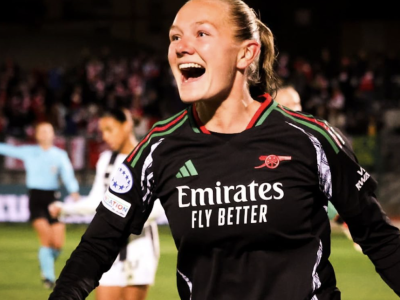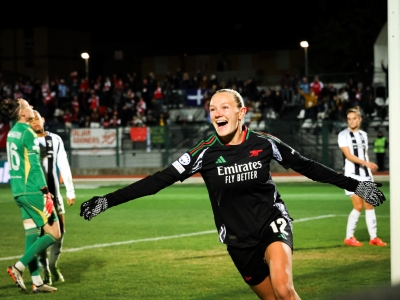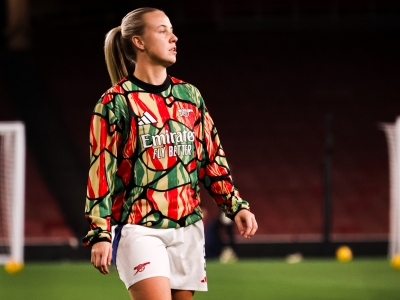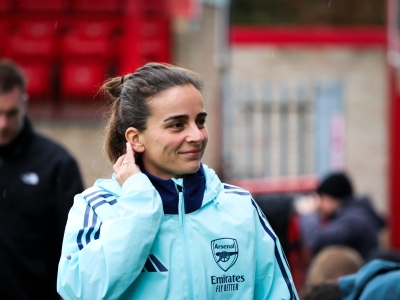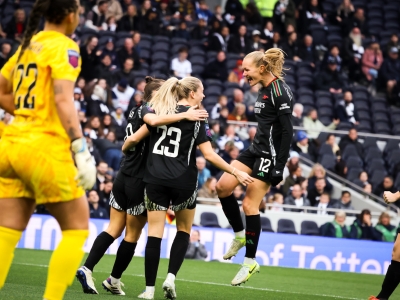Jason Cowley (2009) The Last Game London, Simon and Schuster (Paperback Reprint 2010)
Some of you may know that Friday 23rd April this year was the twenty first anniversary of the day when Liverpool were meant to play Arsenal at Anfield during the 1988-89 season. The match was postponed as a result of the break in action after the tragic events at Hillsborough. History will always tell us that Arsenal won the Division One championship in the most dramatic of circumstances. Many PR departments of many football clubs and television companies want to suggest that every Premiership season ends in a nail biting ‘edge of the seat’ climax. However, it is fair to say that a match of the kind, which took place on Friday 26th May 1989, has never quite been repeated over the last twenty-one years.
This book has received many positive reviews and it is not hard to understand why. The narration is very engaging and you are taken into the heart of the Cowley household. A key shock for me after reading this book was to realise that 1989 was not yesterday. I was reading about a game that has changed out of all proportion during the last twenty-one years. I could always play the idea that I was too young to remember those players and matches when the parents and relatives started another long discussion about football in the sixties and seventies. I cannot play the same tricks with 1989 or the nineties, and this book does take you back to those days without those eighties clichés that you would get on the average I love 89 TV show.
This book is very personal account about supporting Arsenal and coping with the constantly changing face of football from the seventies right up to the present day. It is not an easy process. The pages take you from life on the North Bank around 1983, behaving like a hyperactive stud at an 84 Echo and the Bunnyman concert at St George’s Hall in Liverpool, to the dreary suburban life in Harlow. Although there are interviews with the key Arsenal and Liverpool players of the era, the book takes you through the years in a very normal way that could be recognised by many football fans.
You will read football commentary, football hero worship, and meeting and dumping girlfriends within a matter of hours. It is a typical life of a fan coping with constant changes from teenager, moving through the twenty- something decade to middle age and trying to maintain an understanding of the game that he loves. I was nine in 89 and was at an age when football was starting to mean something more than a load of men running around on grass. I was intrigued by the mass celebrations whenever the ball bulged the back of the net. I knew that Liverpool wore Candy shirts because all of my friends in Colchester, Essex, seemed to be ‘massive’ Liverpool fans. I associated Arsenal with JVC. I was engaging with football on a very basic level.
I also understood that there were severe issues facing the game at that time, and I was scared by the prospect of being caught up in an ugly brawl on the terraces if I decided to venture into a ground on a Saturday afternoon. TV pictures had a big effect on an impressionable nine-year-old. I believe that this fear stopped me from my regular attendance at football until the mid-nineties. Time has passed and nostalgia has taken over from reality; witness the large amount of literature from the ‘reformed’ hooligans that pollute many shelves of local bookshops. It seems that Cowley had a slight fear too, whilst his father was close to giving up on going to the game at various points during the eighties. I wonder how many families had the same issues during that period?
The father/son relationship becomes a key feature of this book, and takes a heartbreaking turn for the worse in the early days of 1991. From the earlier days when Cowley opted to give his support to Arsenal instead of West Ham, watching the 1971 FA Cup Final in the warm May sunshine, Frank Cowley features throughout this book. There is also a large amount of references to Arsenal players from the time, and it is still obvious that the author has the same respect for idols such as Alan Smith, David Rocastle, Tony Adams, Lee Dixon as well as Michael Thomas.
Although it is obvious that Cowley has his loyalties at Highbury, the commentary does give due respect to Liverpool, and the book talks at great length about how Anfield was the centre of the footballing universe throughout the eighties and for a large proportion of the seventies too. Cowley also acknowledges that Liverpool entered that game on Friday 26th May 1989 as the favourites. With the benefit of hindsight, Cowley talks about how this match may have been the start of the breakdown of the Liverpool dynasty. Hindsight is a wonderful thing, but the case is argued in a very rational way!
Most of us have a memorable game that will always stay with you throughout your life and I would suggest that most Arsenal fans of a certain age will hold that game against Liverpool on Friday 26th May 1989 as that match. This book celebrates that game and the era, and it is to be hoped that there will be further games that define a decade and start a new dynasty in the national game.

